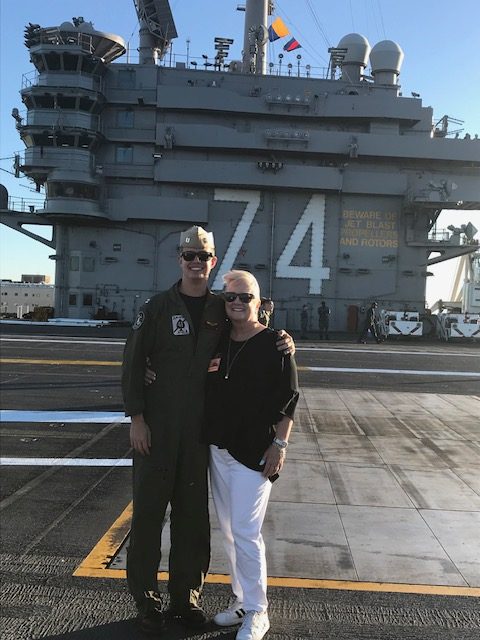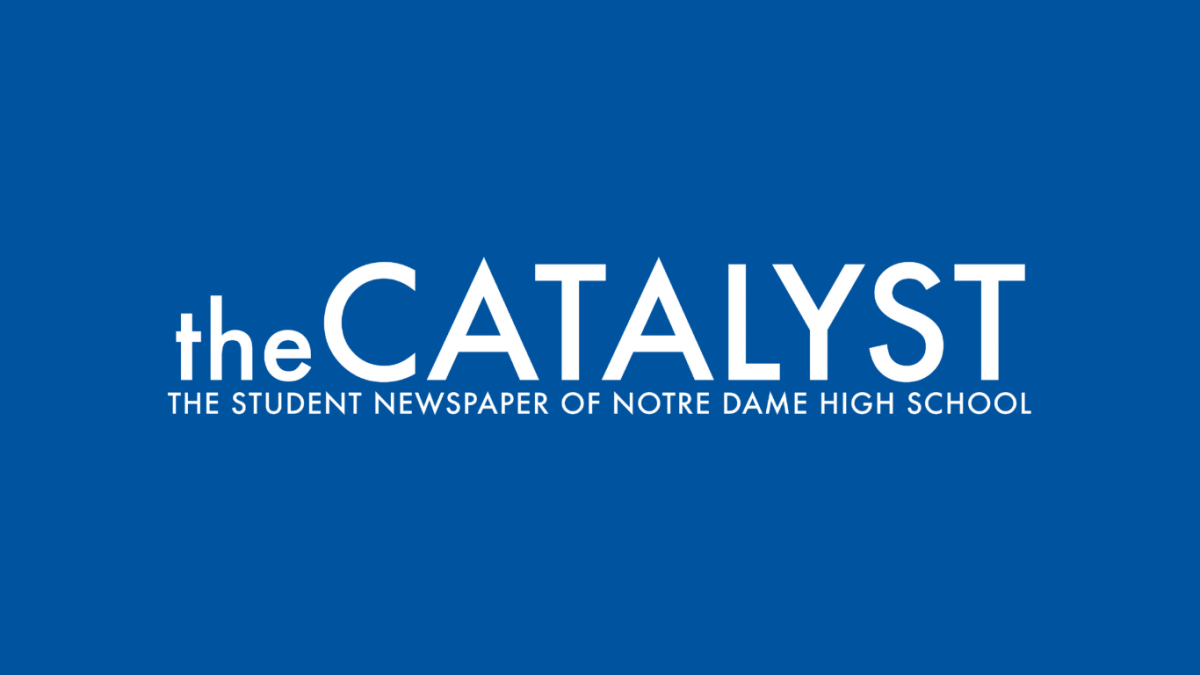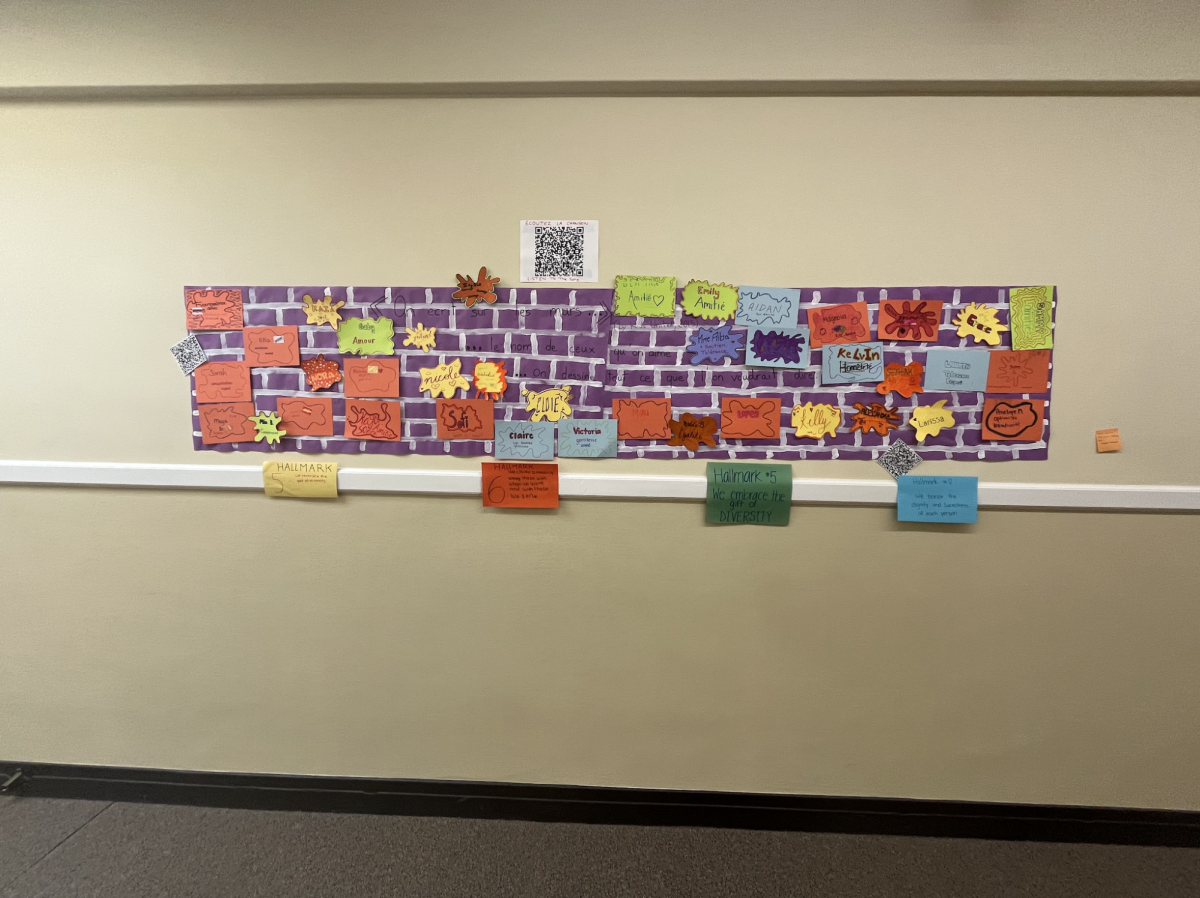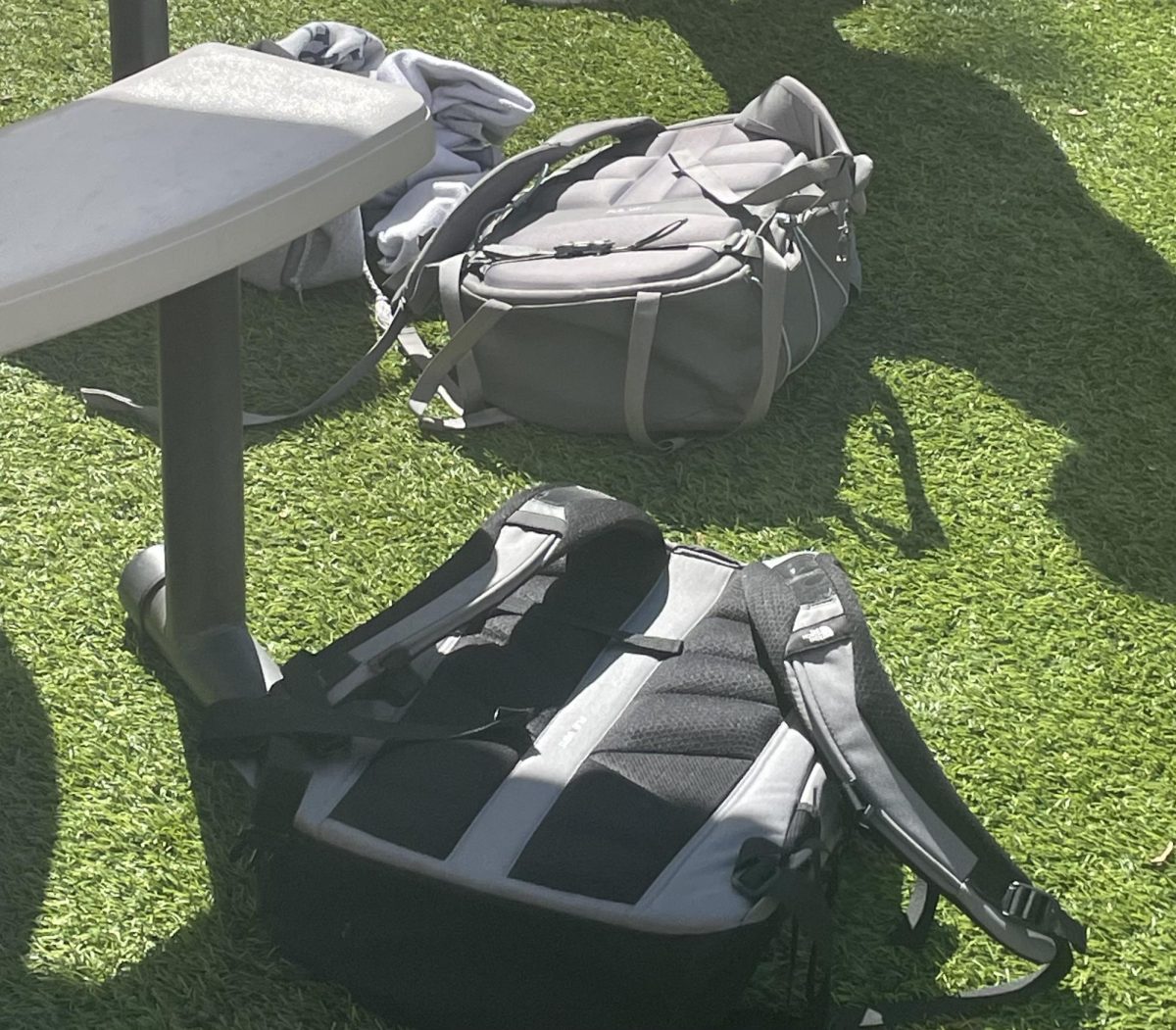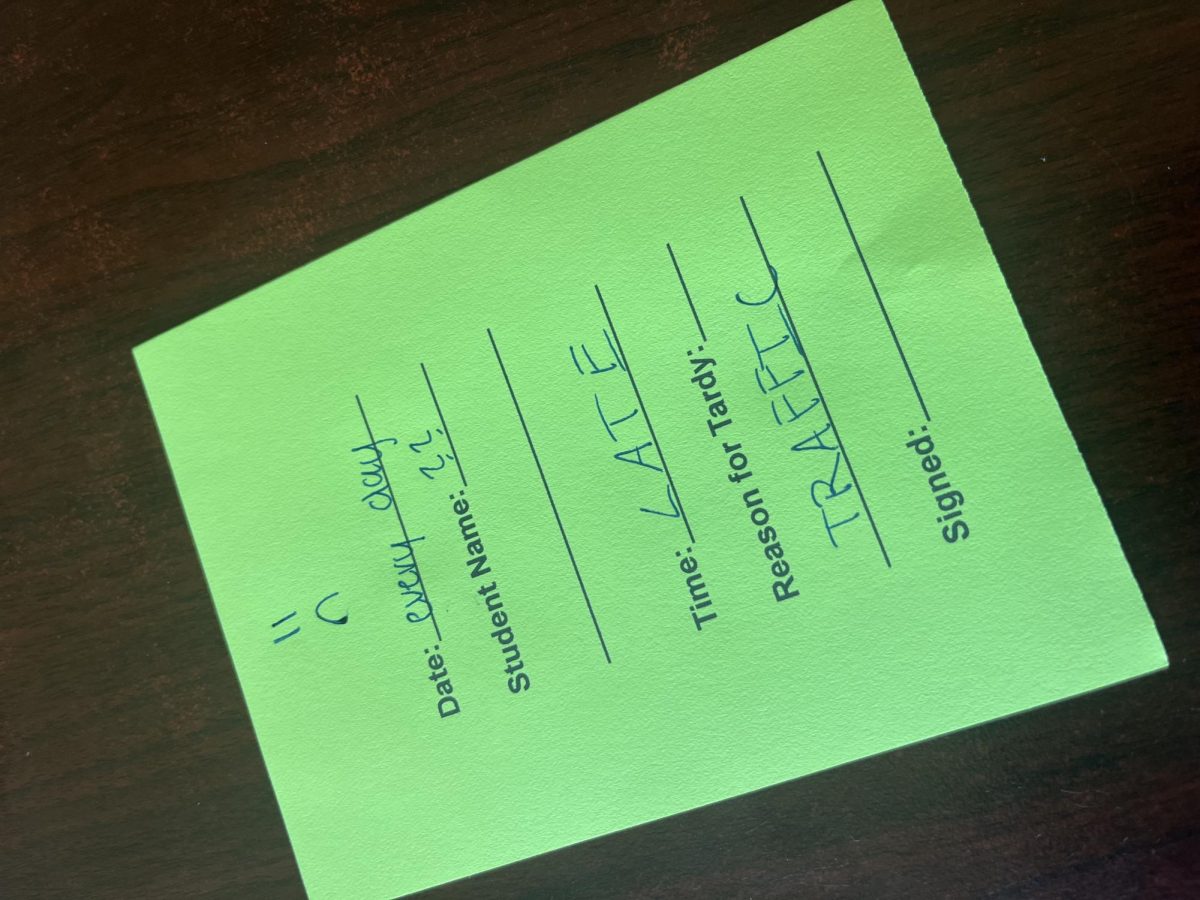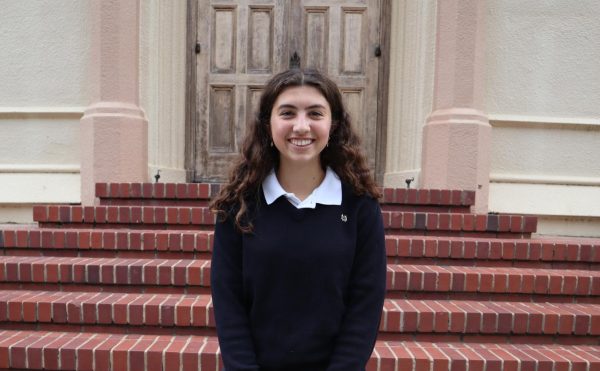Saying the Pledge of Allegiance frequently becomes a mindless practice for American, elementary and middle school students. It is the Pledge we have come to know by memory, and a habit that is taught from a young age to first and second graders as they put their hand over their heart. Yet, at NDB, it is a practice that has discreetly disappeared, along with the flags in every classroom. Even though we raise and lower the flag every morning and occasionally recite the Pledge at sporting events, it is not a part of our daily routine at school. At first thought, not reciting this Pledge may seem inconsequential. Skipping over this patriotic habit saves time and words in the morning announcements, and the lack of a flag in every classroom allows for more decoration on the classroom walls. But what message does this truly send? As Americans, how important is it that we say this Pledge every morning at school? What is the true worth of the Pledge of Allegiance?
Initially, one may argue against the premise of the Pledge of Allegiance due to America’s faults and the wrongful decisions of a few. There is much controversy surrounding some of the wording, such as the mention of God. Additionally, the current events in our society and the divisiveness of our country may influence one’s desire to be patriotic. In this way, the resistance to say the Pledge of Allegiance is similar to kneeling during the National Anthem, which first gained traction after Colin Kaepernick protested at a football game years ago. However, when one stops and considers the meaning and impact for specific groups of Americans, it is easy to comprehend the positive power of this patriotic act.
Our military and their families selflessly risk everything to put our lives ahead of their own. Military personnel say goodbye to the world they know to enter the violent reality of war. They face the battlefield, using their bravery and faith as a guide. Subsequently, they have to transform themselves into different beings after surviving the most ugly forms of humanity, as they are expected to return after deployment and adapt to life after the military. They sacrifice their livelihood, safety, and normalcy for strangers they have no connection to other than being common Americans. Likewise, parents and siblings of soldiers send off their loved ones for months and years at a time, not knowing if their goodbyes will be temporary or permanent. They have to sit with anxiety and longing, waiting for any indication of life over the phone from their loved ones and fear a knock at the door by a uniformed officer.
The Pledge of Allegiance is one way we can thank our military families and our military personnel for fighting to maintain our freedom. By taking the time to recite the Pledge, we honor all those who have and continue to make the ultimate sacrifice. Many veterans even feel a connection to the Pledge after service, as NDB Social Justice Teacher and Veteran David Muir reveals.
“Yes, I do feel a connection to the Pledge of Allegiance. I think perhaps my reason for going into the military is related to the Pledge of Allegiance because, as a child, we learned how to do the Pledge of Allegiance,” said NDB Social Justice Teacher David Muir.
Additionally, saying the pledge highlights a part of our history. It honors all those who came before us to pave the way for the country that stands before us today. It cements an appreciation of our country’s history and heroes over time, and the progress we have made as a nation.
Thus, there is no question we should be saying the Pledge of Allegiance in school on a daily basis. While it pays homage to our past, more importantly, it honors America’s fallen heroes, our veterans, our active military personnel, and their families.
“I recognize that we are a melting pot of different nations, and they may not want to say the Pledge of Allegiance. I think it is fine. However, I think that we need to have an American flag in every single room,” said NDB Student Services Advisor Barbara Tauskey. Tauskey continued by saying, “And I think it would be lovely for us to be able to say the Pledge of Allegiance because I feel that it is part of our history. It was written for our freedom. Since I have a child who is fighting for our freedom and our democracy, I think it would be lovely if we said the Pledge of Allegiance.”
Without a doubt, saying the Pledge of Allegiance is a quick and small act of respect we can show on a daily basis. This should go hand in hand with raising and lowering the flag on campus, and hanging an American flag in every classroom.

